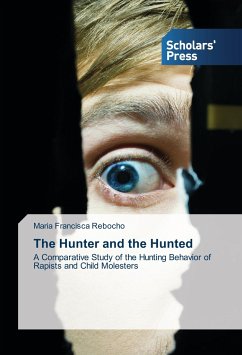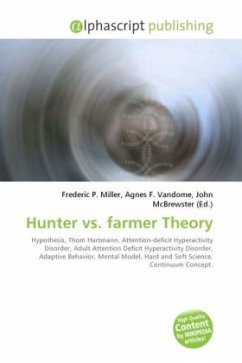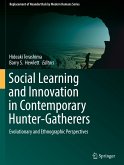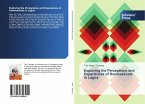Research on sex offenders modus operandi, geographic decision-making and hunting behavior has increased over the past few years. However, most studies have overlooked the geographic dimension of the offending process, and have neglected to conduct comparative analysis between rapists and child molesters. In order to better understand the dynamic of the offending process of sexual aggression, this study explores the question from different analytical frameworks, using a sample of 216 sex offenders. First, hunting behavior and modus operandi characteristics that constitute accurate predictors of the type of offender were identified. Second, hunting behavior patterns were identified in this mixed sample, and tested to establish which hunting behavior patterns were associated with each offender type. Finally, relationships between modus operandi and geographic decision-making process and the emerging hunting behavior patterns were examined. New ways of conceptualizing sex offenders emerge, blurring prototypical lines and shifting research focuses. This study should be especially useful to professionals in Criminology, Criminal Justice, Forensic Psychology and Law fields.








